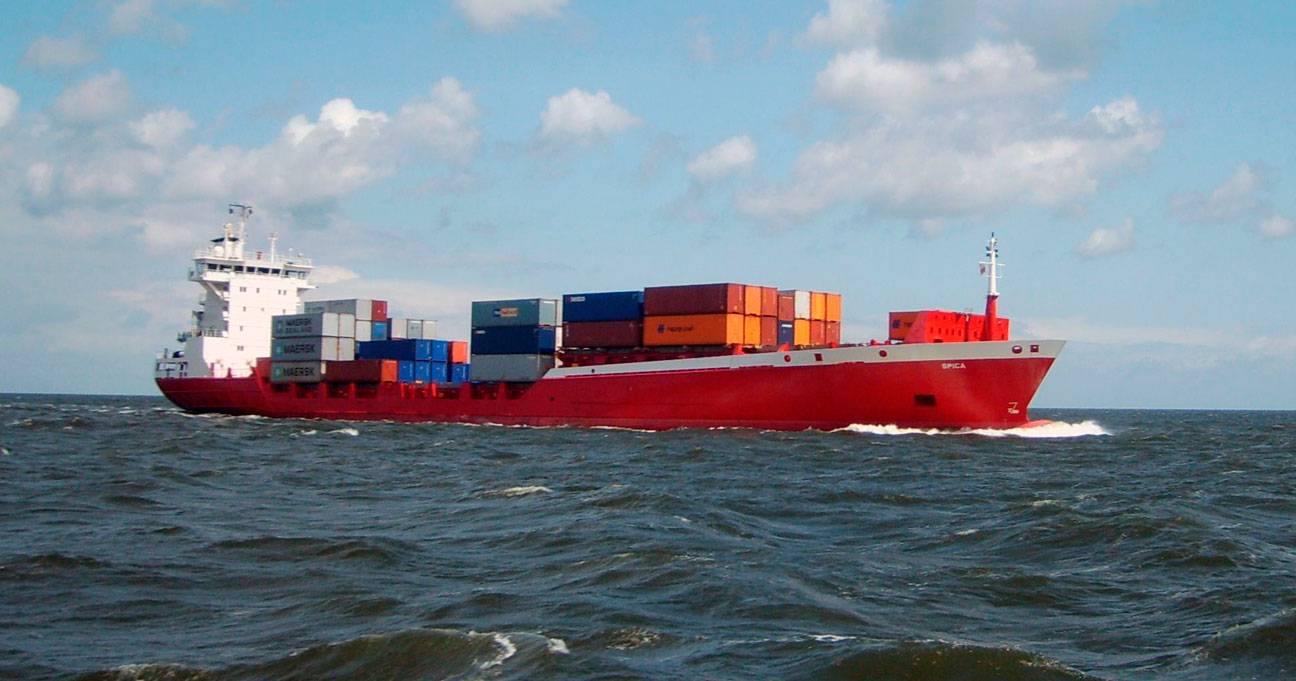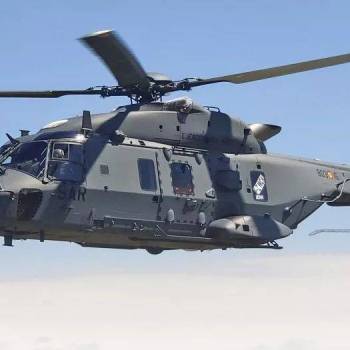
Once you finally have found the part you were looking for, the next step is to ship them to the place you need. The incoterms are frequently used to determinate the payment responsibilities associated to the transport of each party, but beyond this, it also involves the point of transfer of costs, the point of transfer of risks and the business processing duties. Therefore they regulate who gets the documents of the goods and who pays possible customs costs; who is responsible for transport documents and their costs; who insures checks and packs the goods.
The Terms
Group E: Departure
Ex works (EXW) is the only clause in this group.
The seller provides the goods to the buyer at the seller’s own premises.
Group F: Main carriage unpaid by seller
These three clauses affect the main carriage which is not paid by the seller but he delivers either free to the carrier only (FCA), free to the long side of the ship (FAS) or free on board of the ship (FOB), every time to the named place or rather the port of dispatch. F-Terms are shipment contracts.
Group C: Main carriage paid by seller The four C-clauses also affect the main carriage but only when paid by the seller. Either the seller pays only cost and freight (CFR) or cost, insurance and freight (CIF); both to the port of destination. With the clause “carriage paid to” (CPT) the seller even pays transportation to the point of destination. The clause “carriage and insurance paid to” (CIP) is the same as CPT but insurance is included. The passing of risk and cost of every C-term fall apart. C-clauses are also, like the F-clauses, shipment contracts because the seller fulfills his contractual obligations in the country of dispatch. The seller must contract for the carriage of the goods without assuming risk of loss of, or damage to the goods or additional costs due to events occurring after shipment.
Group D: Arrival
All clauses in this group are terms of arrival: delivered at terminal (DAT), delivered to the named place (DAP), or delivery duty paid (DDP) to the named place. The seller is not obliged to clear the goods for export in the country of destination except for DDP. The seller bears all costs and risk.
EXW: Ex Works

FCA: Free Carrier

FAS: Free Alongside Ship

FAS: Free Alongside Ship

CFR: Cost and freight =FOB+costs

CIF: Cost, Insurance and Freight =CFR+insurance

CPT: Carrier Paid To

CIP: Carriage and Insurance Paid To=CPT+insurance

DAT: Delivered At Terminal

DAP: Delivered At Place

DDP: Delivered Duty Paid

How to choose the RIGHT Incoterm?
There are several issues one should be aware of when choosing an Incoterm:
When choosing an Incoterm clause, one has to be especially aware of matching the content of the clause in detail with the content of contract incidentally. Furthermore the choice of certain Incoterms has repercussions on the matching freight arrangements, letter of credit arrangements and insurance arrangements.

Written by Jacqueline Abrego
Jacqueline Abrego is Naval Engineer and a Supply Chain Management Expert


